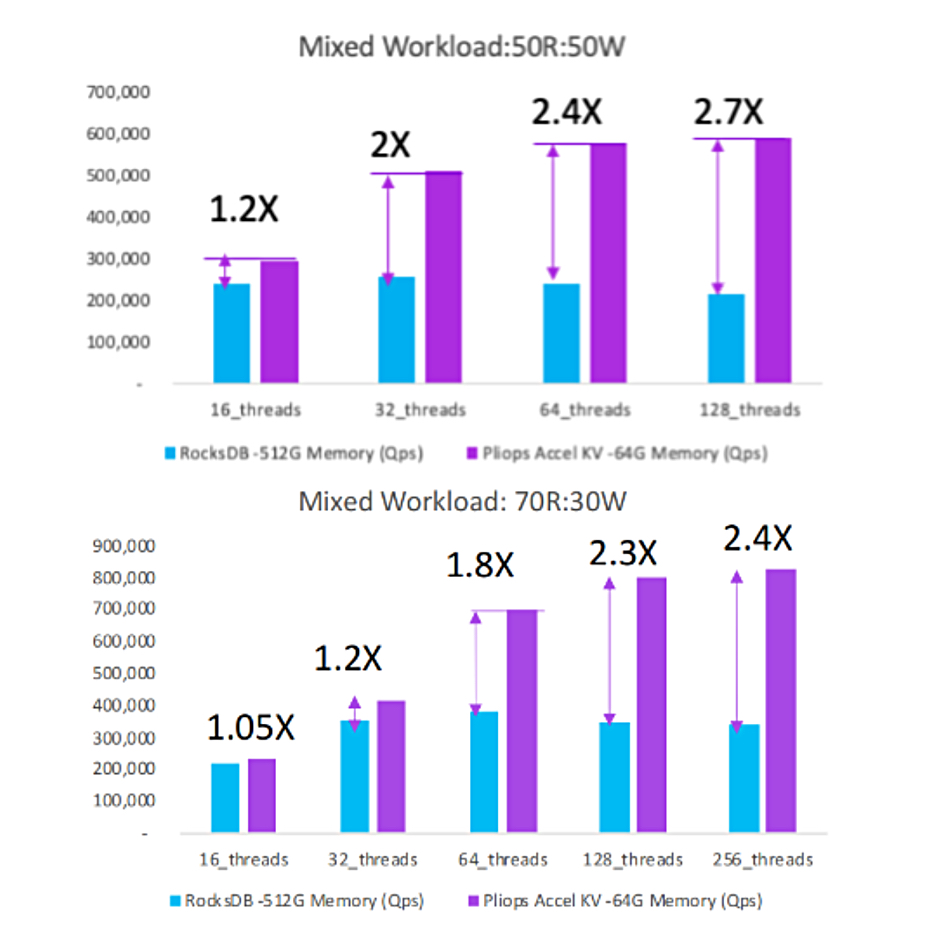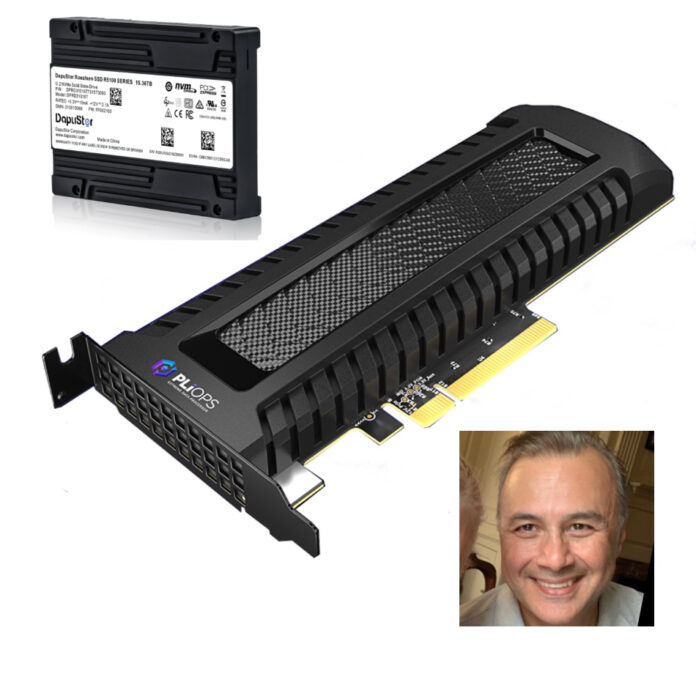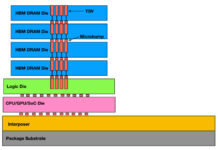DapuStor storage systems will run NoSQL databases faster through a Pliops data processing unit partnership, we’re told.
Israel-based Pliops has developed its XDP (Extreme Data Processor) AccelKV, with key:value store technology. This PCIe card offloads and accelerates low-level storage stack processing from a host x86 server for applications like RocksDB and RAID. Pliops has recently partnered with Hammerspace and announced it is in merger talks with French DPU developer Kalray. DapuStor is a Chinese firm, based in Shenzhen, supplying SSDs with its own ASIC controllers, and storage systems. It has more than 500 customers and was the number four enterprise SSD supplier in China in 2023.

Tony Afshary, Global VP of Products and Marketing at Pliops, said in a canned quote: “We’re thrilled to partner with DapuStore and accelerate their best-in-class NVMe storage solutions.”
The two companies are pushing the use of KVRocks, an open source key-value store alternative to Redis, which is built on top of the RocksDB engine. KVrocks users in China include Baidu, Trip.com Group, Meitu, RGYUN, U-NEXT, and Baishan Cloud. The pair claim that, at petabyte levels, RocksDB meets performance and latency constraints. The Pliops XDP card and KVrocks software combo does not suffer from this, we’re told. Pliops’ XDP-Rocks library extends RocksDB functionalities, optimizing KVrocks integration with features like more efficient data manipulation and advanced dataset scanning.
DapuStor solution architect Grant Li said in a statement: “The DapuStor R5101 is a high-performance PCIe4.0 NVMe SSD that offer superior reliability, low latency, and excellent power efficiency, optimising TCO for enterprise IT and cloud facilities.”
“It achieves 1,750,000 random read and 240,000 random write IOPS” at a 3.84TB capacity point with a PCIe gen 4 x 4 NVMe interface. Li claimed that, when “combined with Pliops’ XDP and library, the solution delivers a high-performance key-value storage interface.”
The Dbbench database benchmark tool was used to compare R5101 SSDs and Pliops Accel KV performance for KVRocks against RocksDB. This assessment involved a substantial dataset comprising 1.2 billion objects, and showed that Pliops KV outperforms traditional RocksDB by a factor of two.

Specifically, at least according to the claimed benchmark, tail latency drops between 66 percent and 87 percent in the mixed workload with 50 percent read and 50 percent write. It declined between 10 percent and 28 percent in a workload with 70 percent read and 30 percent write.
LI said this “brings a 53 percent reduction in price performance due to performance acceleration.”
Assuming the Kalray-Pliops merger/acquisition goes ahead then Kalray will inherit the DapuStor-Pliops partnership, plus the Hammerspace-Pliops integration and Pliops’ HPE server use validation. The DapuStor deal could also provide Kalray with a road into the Chinese market for its own DPU technology and products.








